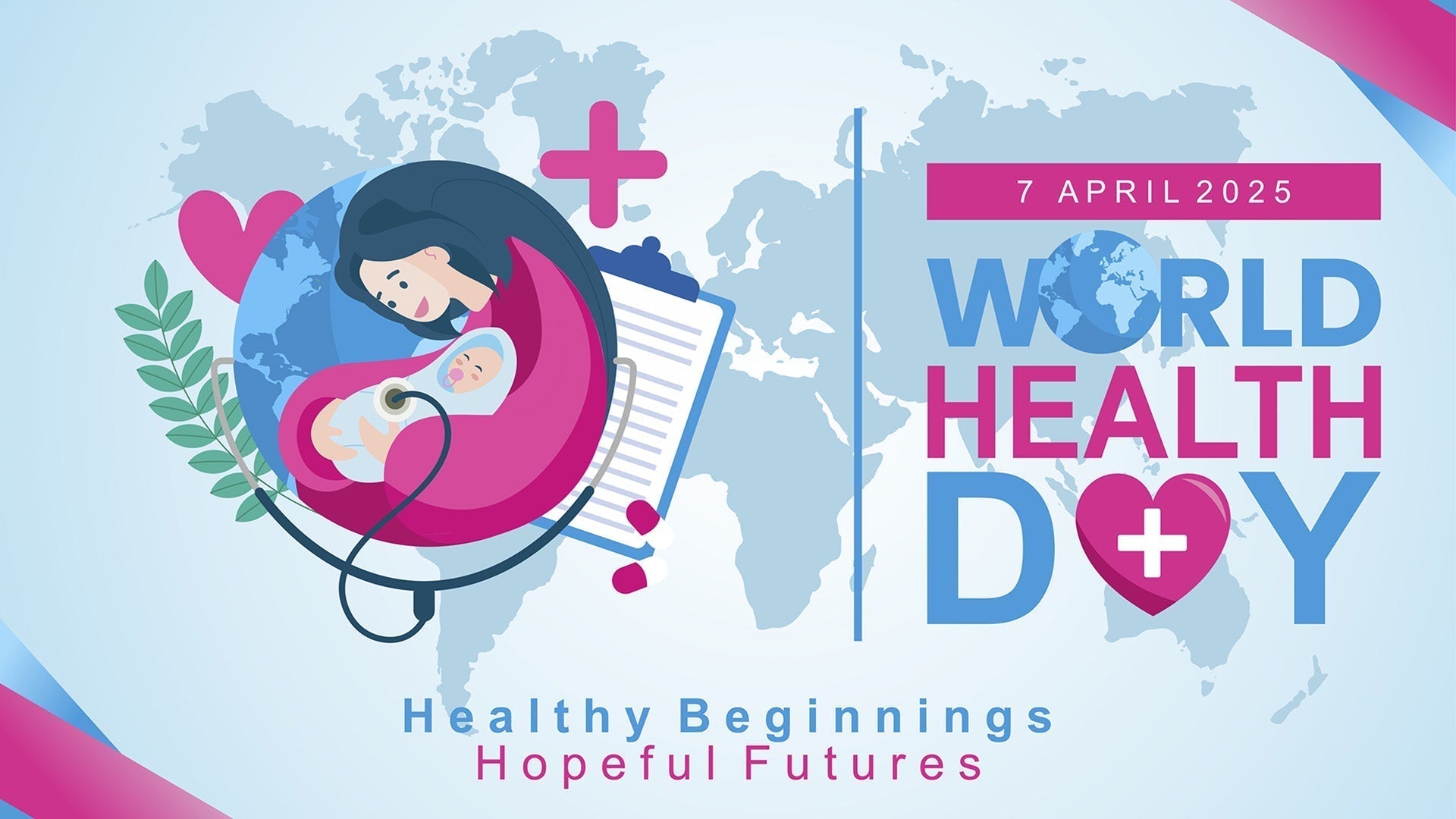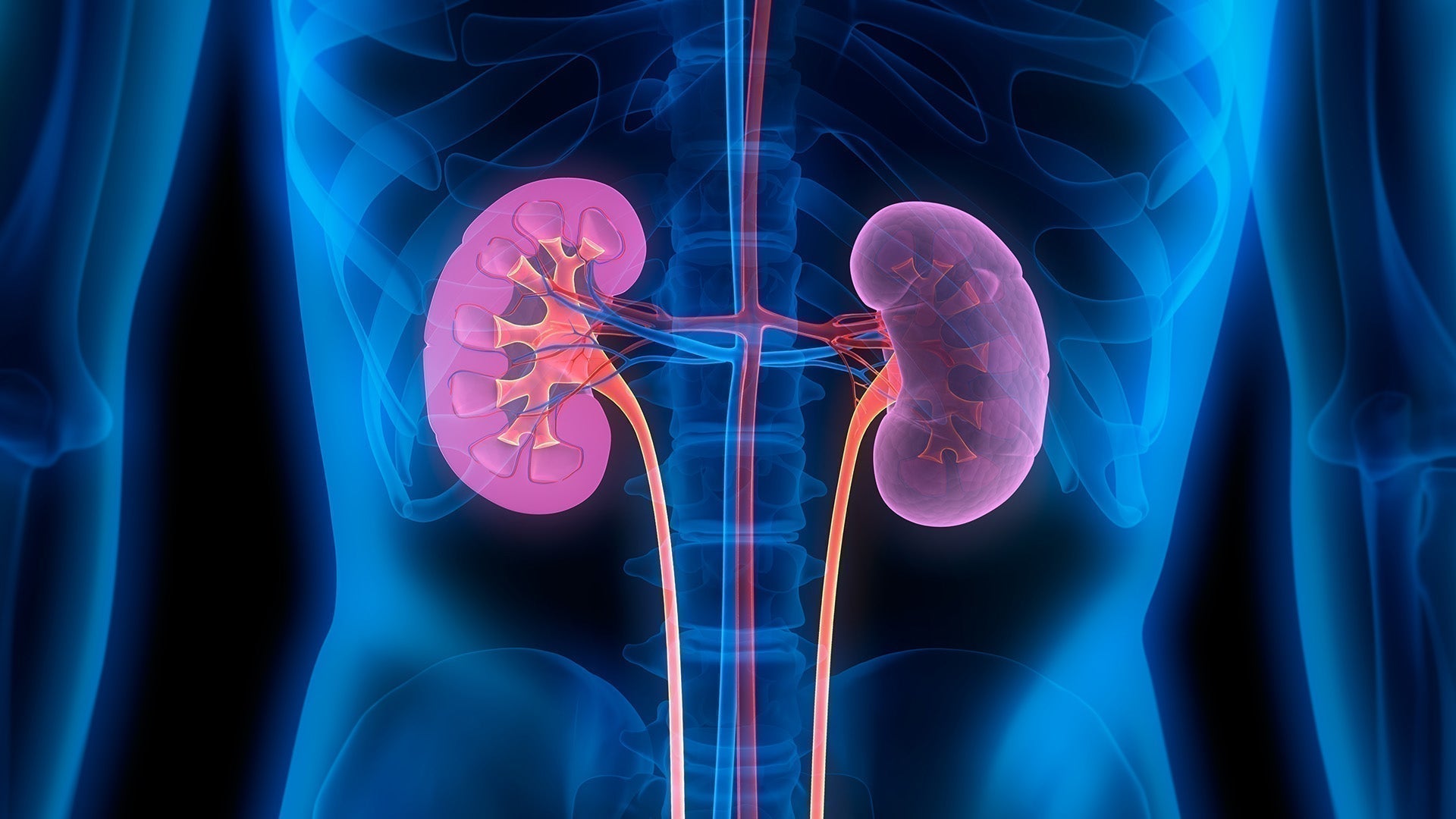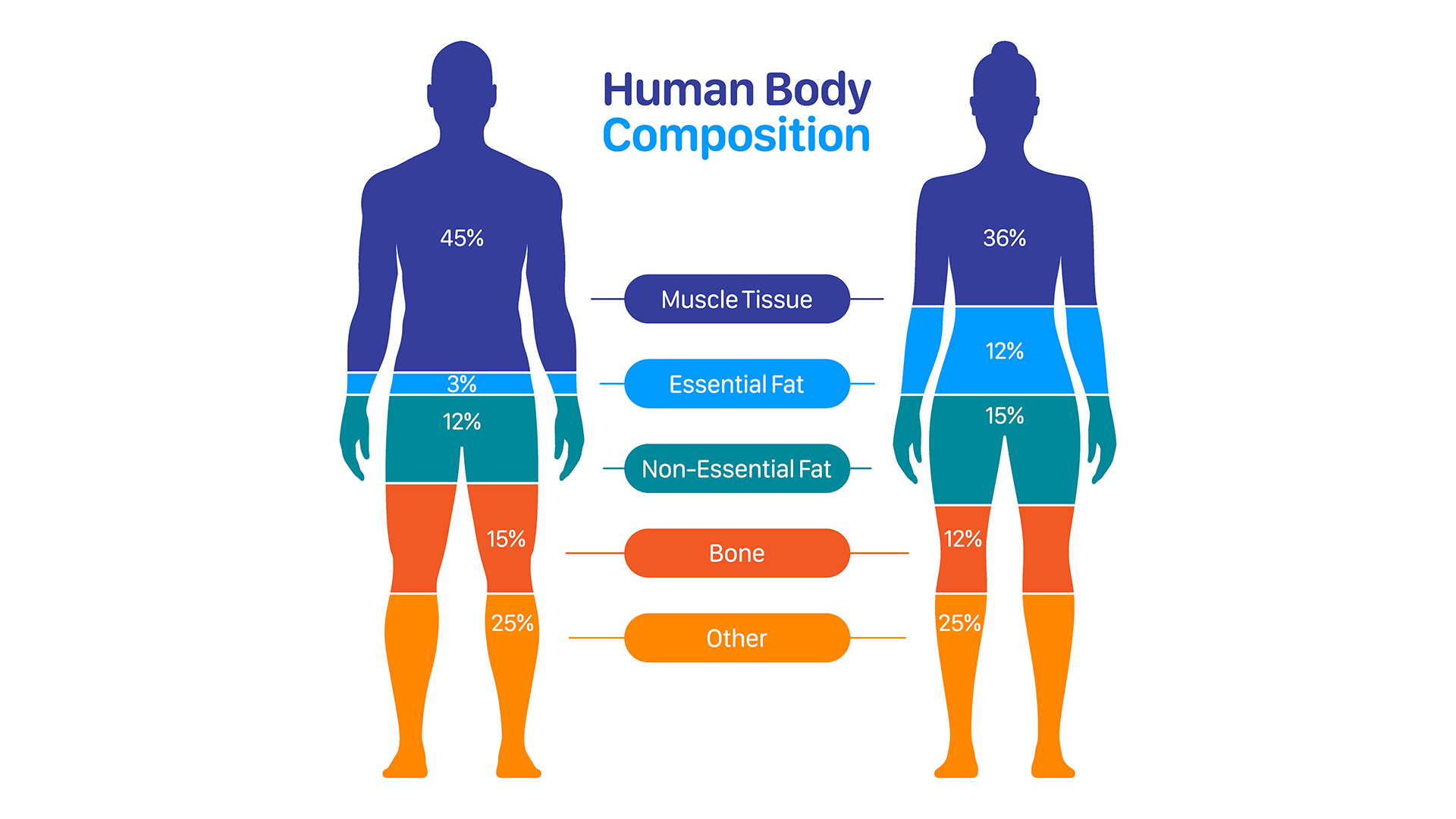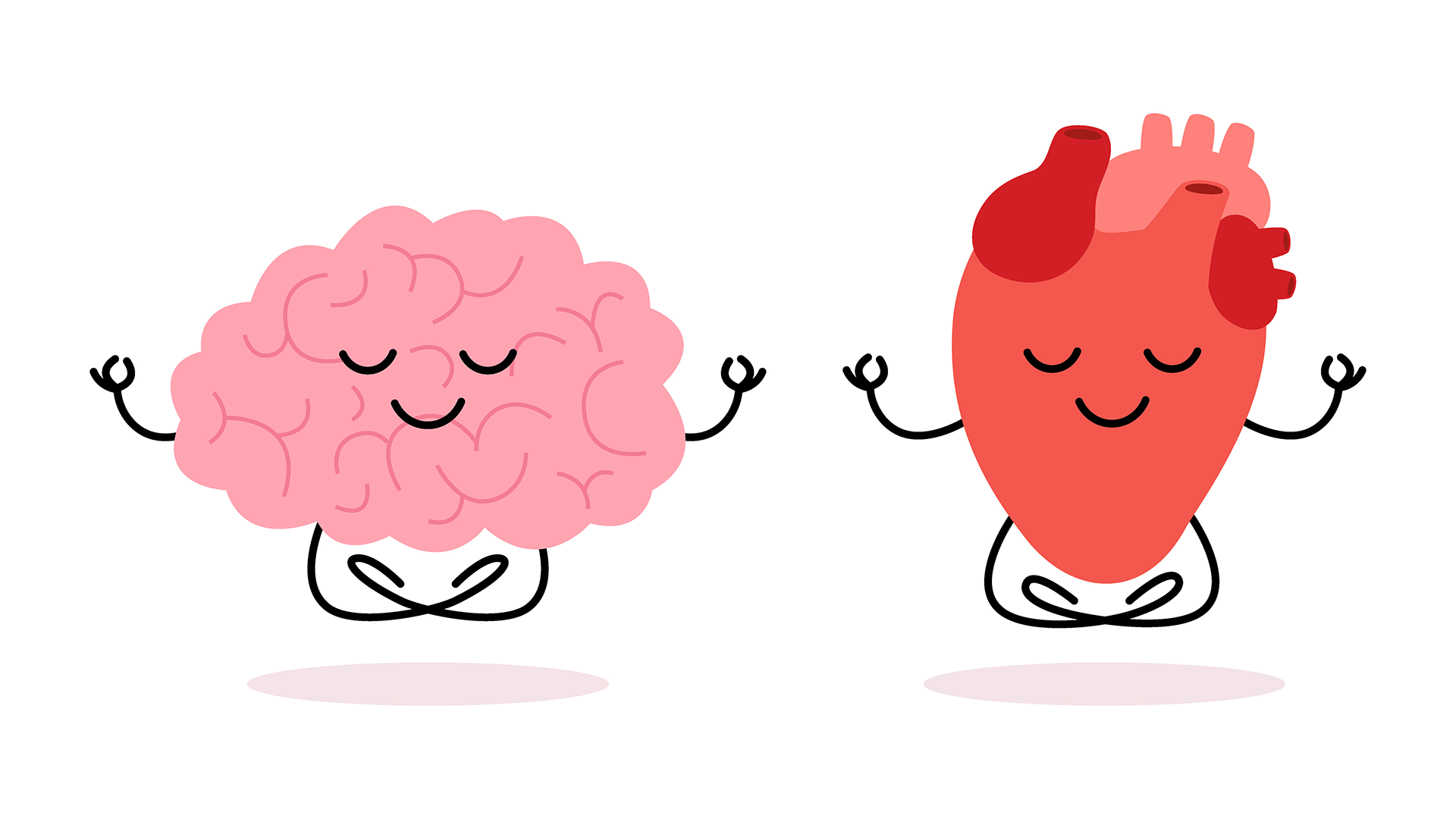Learn Your Way
to A Healthier Life

As seniors age, they face a growing number of health challenges, including chronic diseases like diabetes, heart disease, hypertension and chronic obstructive pulmonary disease (COPD). This creates a continuous need for affordable and effective healthcare solutions.
Chronic care management (CCM) provides elderly individuals and their families a structured and proactive program for ongoing medical needs using coordinated healthcare services, improved medication management and continuous patient education.
Understanding CCM
CCM refers to a comprehensive Medicare-supported healthcare service designed to help seniors living with two or more chronic diseases. CCM involves a team-based effort where healthcare providers, caregivers and patients collaborate to create a personalized care plan to ensure consistent monitoring, timely interventions and improved patient outcomes.
Seniors living with a chronic condition such as heart disease, which remains the leading cause of death in the United States (nearly 931,000 deaths during 2024) can benefit significantly from CCM. The program focuses on lifestyle modifications, medication adherence, regular health check-ups and emergency preparedness. By proactively addressing these issues, CCM reduces the risk of complications and hospital admissions while enabling patients to maintain their independence and well-being.
The Benefits of CCM for Seniors
Improved Quality of Life
One of the primary benefits of CCM is its ability to enhance the overall quality of life for elderly patients. Chronic conditions often impose restrictions on physical activity, diet and emotional well-being. The American Heart Association emphasizes the importance of lifestyle modifications, including regular exercise and a heart-healthy diet, in managing conditions like cardiovascular disease. CCM helps patients navigate these challenges by providing guidance on healthy habits, stress management and physical exercise tailored to their capabilities.
Reduced Hospitalizations and Emergency Visits
Heart disease and chronic respiratory diseases are leading causes of hospital admissions among the elderly, often due to sudden exacerbations or complications. According to a study published in JAMA Cardiology, CCM programs have been shown to reduce the readmission rates by 15% for myocardial infarction (AMI) patients, while American Journal of Respiratory and Critical Care Medicine reported readmission rates for COPD patients dropped by 18%.
CCM minimizes risks by ensuring continuous monitoring and early intervention. Healthcare providers track symptoms, vital signs and medication effectiveness regularly, allowing for adjustments before a crisis occurs.
Enhanced Medication Management
Elderly individuals often have complex medication regimens that can be difficult to manage. A study by Drugs Aging highlights that nearly 50% of older adults do not take their medications as prescribed, increasing the risk of adverse outcomes. CCM includes medication reconciliation, reminders and adjustments to prevent adverse drug interactions or missed doses. By closely monitoring prescription adherence, healthcare providers help seniors maintain stable health and avoid complications related to incorrect medication use.
Personalized Care and Support
Unlike conventional healthcare models that focus primarily on treating symptoms, CCM emphasizes a personalized approach to managing chronic conditions. Care plans are tailored to the individual's specific needs, lifestyle and health status. This level of customization ensures that each patient receives targeted interventions that align with their unique challenges and goals.
Better Communication with Healthcare Providers
CCM fosters open and continuous communication between patients, caregivers and healthcare providers. Regular follow-ups, telehealth consultations and direct access to medical professionals ensure that any concerns are addressed promptly. This improved communication enhances patient confidence in their care and allows for quicker resolution of potential health issues.
The Benefits of CCM for Families and Caregivers
Managing chronic conditions for seniors can be overwhelming without professional guidance. CCM alleviates many of these challenges by providing structured support, reducing caregiver burden and offering valuable resources.
Less Stress for Caregivers
Caring for a loved one with chronic conditions can be physically and emotionally demanding. A study by the Family Caregiver Alliance found that caregivers of individuals with chronic illnesses experience higher levels of stress and burnout. CCM offers respite by ensuring that a dedicated healthcare team is actively involved in patient management. This support allows family members to focus on their personal relationship with the elderly individual rather than feeling solely responsible for their medical care.
Reduced Financial Burden
Frequent hospitalizations and emergency care can lead to significant financial strain on families. By reducing hospital admissions and unnecessary medical expenses, CCM helps manage healthcare costs more efficiently. Additionally, many insurance plans and Medicare programs cover CCM services, making it an accessible and cost-effective solution.
Emotional Well-being
Knowing that their loved ones receive consistent and comprehensive care provides families with peace of mind. They can rest assured that their elderly relative is being monitored closely by professional caregivers, alleviating anxiety and improving quality of life for seniors and their families.
The Future of CCM
As healthcare continues to evolve, CCM will play an increasingly vital role in the treatment of chronic conditions among the elderly. The integration of technology, such as remote monitoring devices and telehealth services, will further enhance the effectiveness of CCM programs. These advancements will allow for real-time tracking of patient health, timely adjustments to care plans and greater accessibility to healthcare providers.
CCM is a transformative approach to supporting elderly individuals and helping their families. By emphasizing proactive care, personalized treatment plans and ongoing communication with healthcare providers, CCM significantly enhances quality of life while reducing hospitalizations and healthcare costs. For families and caregivers, CCM offers much-needed relief, support and confidence in managing their loved one’s condition.
References
- National Council on Aging - The Top 10 Most Common Chronic Conditions in Older Adults
- Medicare.gov - Chronic care management services
- American Heart Association - More than half of U.S. adults don’t know heart disease is leading cause of death, despite 100-year reign
- American Heart Association - The American Heart Association Diet and Lifestyle Recommendations
- BMC Geriatrics - Reasons for hospitalization and cumulative mortality in people, 75 years or older, at high risk of hospital admission: a prospective study
- JAMA Cardiology - Association Between Medicare Hospital Readmission Penalties and 30-Day Combined Excess Readmission and Mortality
- American Journal of Respiratory and Critical Care Medicine - Readmissions Reduction Program: Mortality and Readmissions for Chronic Obstructive Pulmonary Disease
- Drugs Aging - Improving Medication Adherence and Health Outcomes in Older Adults: An Evidence-Based Review of Randomized Controlled Trials
- Medical Care - Physician Communication and Patient Adherence to Treatment
- Family Caregiver Alliance - Caregiver Health
- Chronic Care Management Services - Medical Learning Network Booklet
Sign Up For More From iHealth
Receive the Latest News and Special Offers


















































